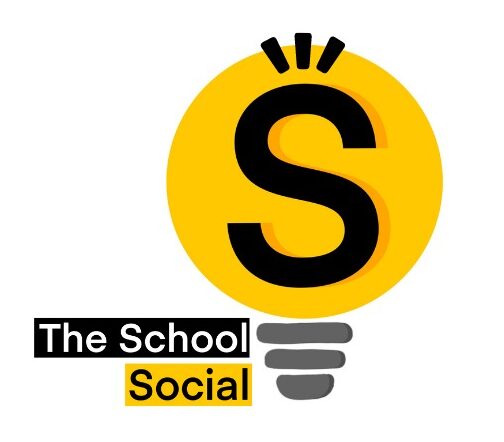
Is your little one highly inquisitive? Do they question everything around them? Do they have an insatiable thirst to know more about the depths of things? Well, Congratulations! You might just have a great researcher in the making!
Curiosity is a remarkable trait found in children. Studies have consistently shown a positive correlation between curiosity and higher academic performance in kids.
“Still, we must ask, “Why does curiosity matter?” Previous research has found that across the lifespan, curiosity relates to a wide variety of factors—such as interest and job performance—and it is one of the most valued traits of exemplary scientists.One crucial contribution of Shah and colleagues (this issue) is their investigation of the relations among curiosity and early academic outcomes. “
As parents, nurturing and supporting this curiosity is not only rewarding but can also open many doors for them in the field of research and science in the future.
Here are 5 remarkable ways to teach research skills to your children:
- Decide the Area of Research
It is quite easy to get overwhelmed by the vast amount of information on any topic hence, it is essential to clarify what must be researched. Even if the topic is simple, there might be many different aspects to it. Therefore, help your child narrow down what exactly they want to search about.
- Provide Access to Child-Friendly Resources
In today’s modern world, there is no greater resource than Google to find information. Make sure to turn the “Safe Search” on to prevent any explicit information for your child to come across while researching on the internet. - Emphasize Proper Citations
Teach kids the importance of giving credit to sources and how to cite references accurately. Children can evaluate the credibility of sources by considering factors such as author expertise, publication reliability, evidence-based information, and cross-referencing. - Understanding the Relevance
It is important for your kids to understand what is important and what is not during research. Ask them to consider how the information they find connects to their research topic and whether it supports their inquiry or not. - Encourage Proper Organisation of Information
Teach children the importance of taking organized notes during research to keep track of key information and ideas. They can also create mind maps to get a better visual understanding.
Remember that every child is unique, and their research skills may develop at different rates. It’s important to provide guidance, support, and adapt activities to suit their individual interests and abilities.
FAQ’s
What is research?
Research is a thorough investigation conducted to gain knowledge, explore topics, and find answers to specific questions or problems.
What are some child-friendly search engines?
Kiddle, KidzSearch, Kidrex, Swiggle, Safe Search Kids, Kidtopia, and PebbleGo
What are citations?
Citations are references or credits given to sources of information used in research (such as author, title, publication date, etc.) for others to locate and verify the original sources.
What are some age-appropriate research activities for children?
These include conducting simple experiments, research topics of interest, document findings and interviewing experts.
What are Mind Maps?
Mind maps are visual diagrams that capture and organize thoughts, ideas, and information using branches and connections around a central topic.
